We are in no way advocates of covid vaxx’s but feel it is responsible to at least advise those that will reluctantly take the vaxx. It is a very sad and alarming time, where our freedom is at total risk.
The movement by tyrannical politicians to force people to take vaccines has reached a fever pace. Jobs, travel and freedom are now on the line as medical discrimination has become common place all over the world. Currently, no Covid Vaccine has ever been “approved” or Certified by ANY health agency on the planet. “Emergency Use Authorization” is not an approval, AND an APPROVAL WHILE CLINICAL TRIALS CONTINUE UNTIL 2024 — IS NOT AN APPROVED VACCINE.
For those that are “being forced” to take a vaxx they do not want, there is a better option they might want to consider.
What is the difference between how the Johnson & Johnson vaccine works and how the Pfizer and Moderna vaccines work?
The ultimate difference is the way the instructions are delivered. The Moderna and Pfizer vaccines use mRNA technology, and the Johnson & Johnson vaccine uses the more traditional virus-based technology.
mRNA is essentially a little piece of code that the vaccine delivers to your cells. The code serves as an instruction manual for your immune system, teaching it to recognize the virus that causes COVID-19 and attack it, should it encounter the real thing. This is a Bio-Hack and has never been used before and many have warned of the damage it could do to your immune system, including the doctor that invented the method. (Article links are at bottom of this page)
Viral vector-based vaccine
Instead of using mRNA, the Johnson & Johnson vaccine is much more like a regular vaccine and uses a disabled adenovirus to deliver the instructions- called a Viral vector-based vaccine. This adenovirus is in no way related to the coronavirus. It is a completely different virus. Although it can deliver the instructions on how to defeat the coronavirus, it can’t replicate in your body and will not give you a viral infection.
When a person is given the vaccine, the vector virus contained within the vaccine produces the SARS-CoV-2 spike protein, which is found on the surface of the virus that causes COVID-19. This protein will not make you sick. It does its job and goes away.
Through this process, the body is able to build a strong immune response against the spike protein without exposing you to the virus that causes COVID-19.
Are there benefits to the Johnson & Johnson vaccine, based on its technology?
Absolutely. The advantage to the Johnson & Johnson vaccine is that it is a single shot. The mRNA vaccine requires two.
As well, the Johnson & Johnson vaccine can be kept at essentially refrigerator temperatures for months, and it’s stable. The mRNA vaccines aren’t as stable and require super cold storage temperatures. Once they’re out of cold storage, you only have a small window of time to administer them.
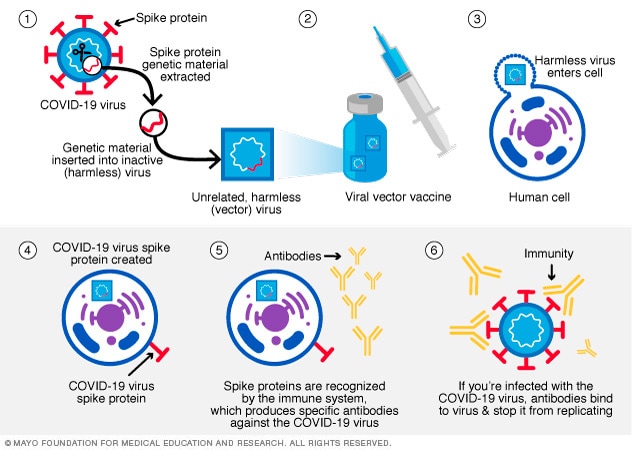
The Johnson & Johnson vaccine is much more like a regular vaccine and is much easier to distribute and maintain. That has huge implications for rural areas of the country. Those areas might not have the ability to keep the mRNA vaccines at super cold temperatures.

Compare Side-Effects of different Vaccines
Johnson & Johnson (Janssen)
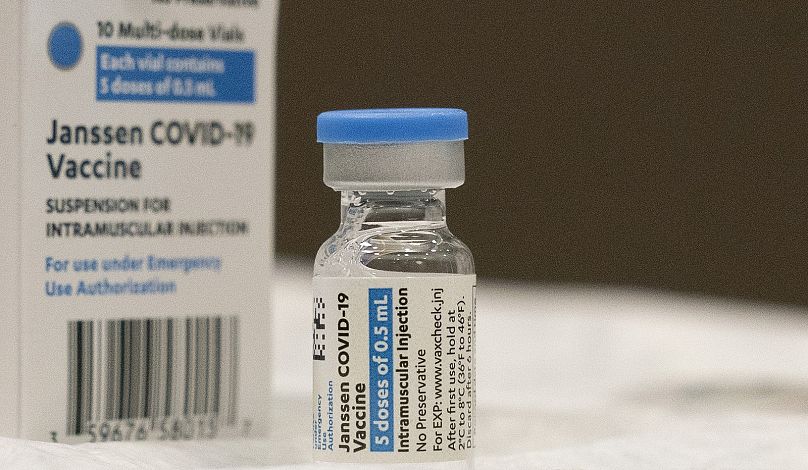
In July, the US’ Food and Drug Administration (FDA) reported a number of cases related to a potential side effect of the vaccine, Guillain-Barre syndrome. Around 100 people developed the immune disorder, which weakens muscles and in extreme cases causes paralysis, after receiving one dose of the vaccine.
Officials at the agency described the side effect as a “small possible risk” of getting the vaccine. Most people make a full recovery from the syndrome although one of the 100 cases is reported to have died.
According to NHS data, extreme cases of blood clots with low blood platelets have also been reported which may affect one in 10,000 people.
Pfizer mRNA Vaccine
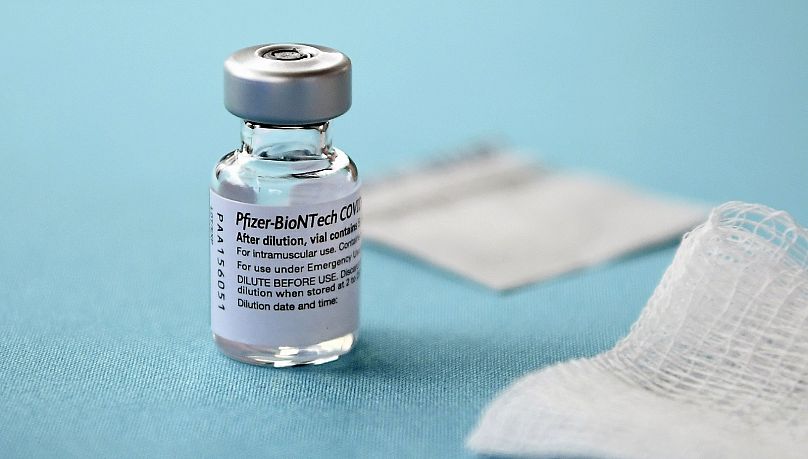
The Pfizer side effect given the most airtime has been the reported risk of inflammation of the heart, known as myocarditis, particularly in young men. While there is so far insufficient data to be able to estimate the rate of incidence, it’s deemed to be an extremely rare side effect.
A preliminary study suggests myocarditis is actually six times more likely to present itself in someone following infection with coronavirus than after a vaccine.
On August 12, the EU said it was investigating the Pfizer and Moderna vaccines after a small number of reports of new side effects, including kidney inflammation, a renal disorder with heavy protein loss in urine and an allergic skin reaction.
Moderna mRNA Vaccine
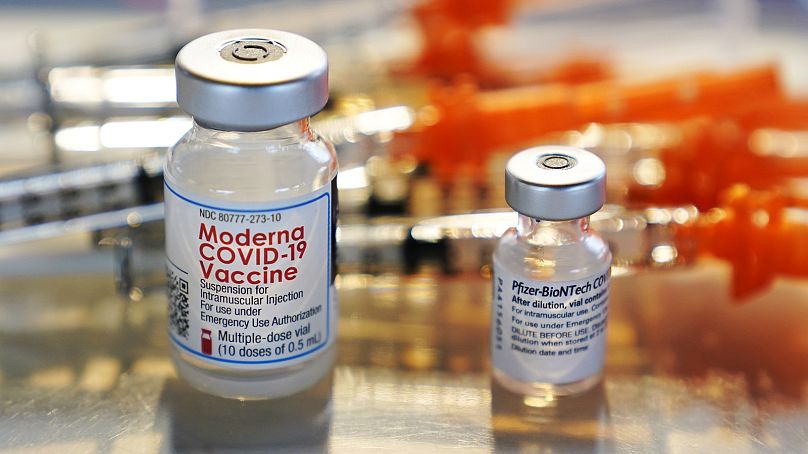
As well as the ongoing EU investigation into new side effects, which the EMA says is part of a routine update process, the Moderna vaccine has had other less common side effects reported.
For 1 in 1,000 people, there is the potential of developing temporary one-sided facial drooping, known as Bell’s palsy, or swelling of the face (particular for those who have had cosmetic injections). Other side effects include dizziness or decreased sense of touch.
In even rarer cases, myocarditis has also been reported, though adequate data is not yet available to estimate how often cases associated with the vaccine occur.
AstraZeneca/Oxford Vaccine
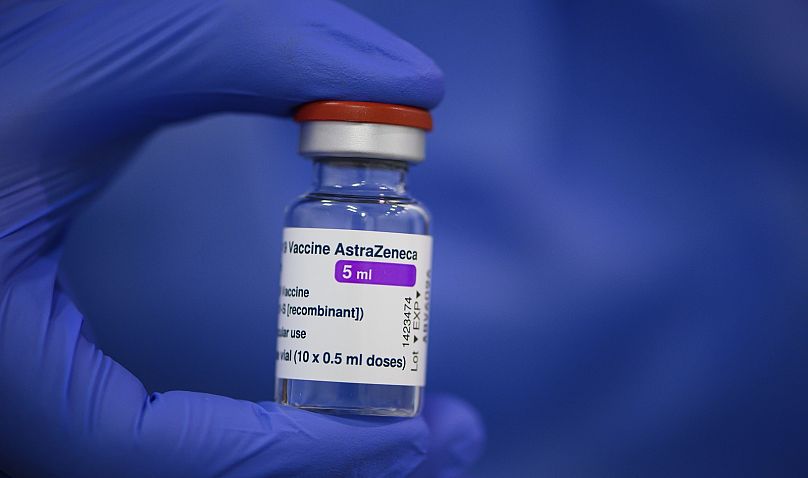
Following reports in April which linked the AstraZeneca jab with blood clots, the vaccine was withdrawn or placed under restrictions by several EU countries. These included varying age limits.
Studies have since shown that there is a similar risk of clots as the Pfizer and Moderna vaccines. Rates of deep vein thrombosis – a condition where blood clots occur in the deep veins of the body, typically in the arms, legs or groin – were also similar to the Pfizer vaccine. According to NHS data, only one in 10,000 would be affected.
Health Canada info on Johnson & Johnson Vaccine.
WE BELIEVE IN FREEDOM OF MEDICIAL CHOICE AND ARE AGAINST ALL MANDATED COVID VACCINATIONS.


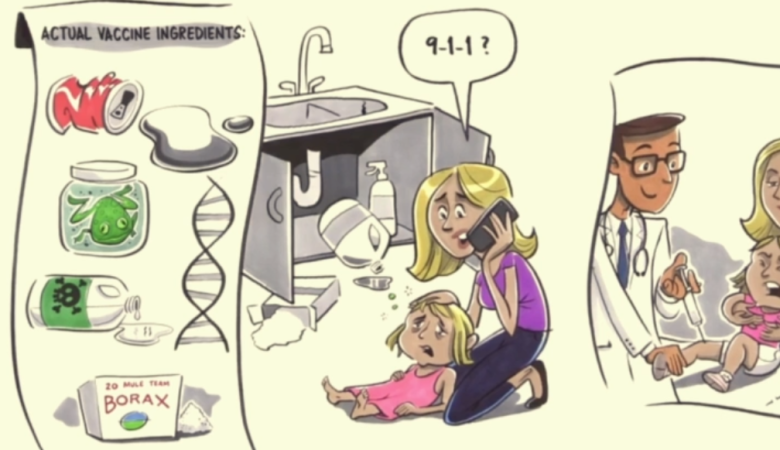

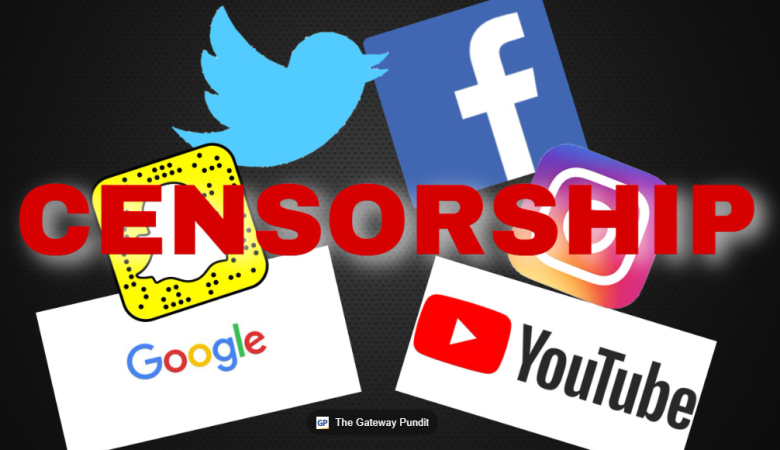
Recent Comments